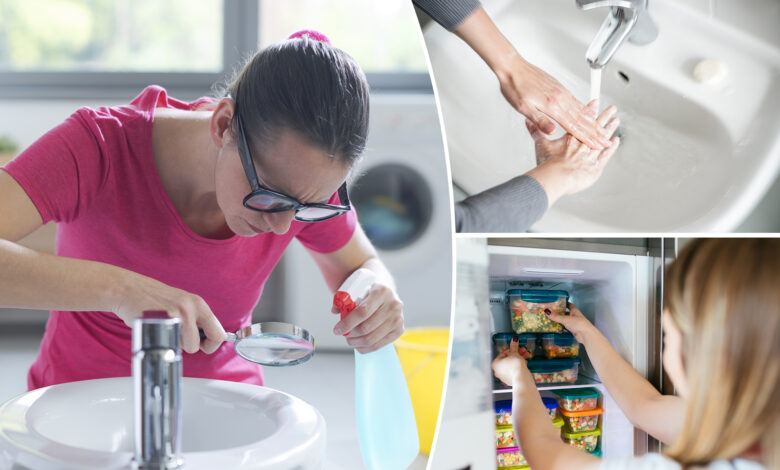Cleantok, decluttering fad making a mess of our mental health

The cleaning gloves are coming off.
In an age of tidiness influencers, where mucking out your closet has become a legitimate social media trend, with millions of “Cleantok” videos racking up billions of views, experts warn that things are getting emotionally messy.
“The constant need to keep up with these decluttering and organizational trends is causing genuine mental and physical stress,” Association of Professional Declutterers and Organizers president Siân Pelleschi told The Guardian.
“People are losing the ability, in some cases, to distinguish between a fad and a method that can benefit their life. They’re experiencing overwhelm and feelings of hopelessness, thanks to all these different organizational trends and methods, Pelleschi said.
With National Organizing Week coming up September 16 to 23, the APDO is celebrating with a push to downsize peoples’ ambitions, urging everyone to get “back to basics.”
“Our goal is to reduce pressure on people to achieve perfection by emphasizing progress over perfection,” Pelleschi said. “We want to highlight the importance of focusing on basic needs and functions rather than aesthetic appeal.”
Trend analyst J’Nae Phillips told the outlet that hyper-cleaning and throwing away things has for many people become all about showing personality.
She told the outlet that the move is “a way for individuals to express their creativity and values in spaces that might otherwise seem mundane.”
However, mental health experts say that these anti-hoarders run the risk of causing themselves a kind of harm not unlike that suffered by their polar opposites.
“Throwing stuff out to this extent isn’t mindful,” psychotherapist and psychologist Cassandra Jay, a specialist in organization for women who are busy, told the Guardian.
“Instead, the pressure to get rid of all our possessions and hone it down to one perfectly color-coordinated airport box leads to burnout,” she explained.
On top of that, it can lead to a false sense of self and achievement.
“Which in turns leads to more stress and alienation,” said Jay.




